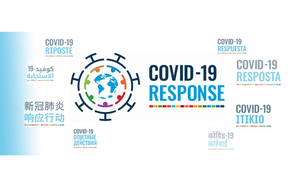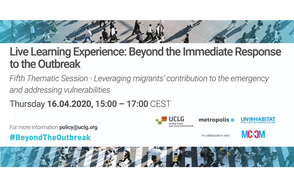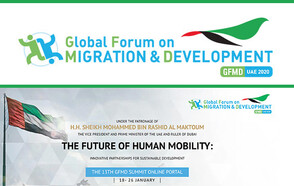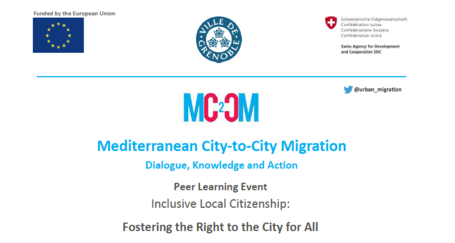
The Mediterranean City to City Migration (MC2CM) Peer Learning Event on “Inclusive Local Citizenship'', organized from 16 to 18 March 2021 by MC2CM and the UCLG Committee on Social Inclusion, Participatory Democracy and Human Rights (UCLG-CSIPDHR) garnered the participation of around 100 MC2CM stakeholders - international organisations, city networks, civil society (CSO) and migrant associations. Over the three days, around 25 cities exchanged practices and explored prevalent notions, challenges and opportunities amongst local and regional governments (LRGs) towards ensuring inclusive local citizenship and the universal Right to the City.
Following a deep dive orientation session on the notion on inclusive citizenship, Emanuel Carroz, Deputy Mayor of Grenoble and Fadhel Moussa, Mayor of L’Ariana shared local insights on LRGs’ role in guaranteeing access to municipal services, public spaces and the Right to the City for all, following the principles of local hospitality and unconditionality. Over the course of the event, City representatives shared local practices tackling inclusion, participation and action to prevent discrimination, fostering migrants’ political participation and recognition in local political spaces through local institutions and guaranteeing equal access to rights, regardless of legal status and beyond national provisions on citizenship. Among those initiatives, participants discussed the following:
- Grenoble’s strategic local citizenship approach and territorial partnerships with fellow welcoming cities through the ANVITA network.
-
Valencia’s local plan for co-existence and against discrimination and hate speech (COMVA).
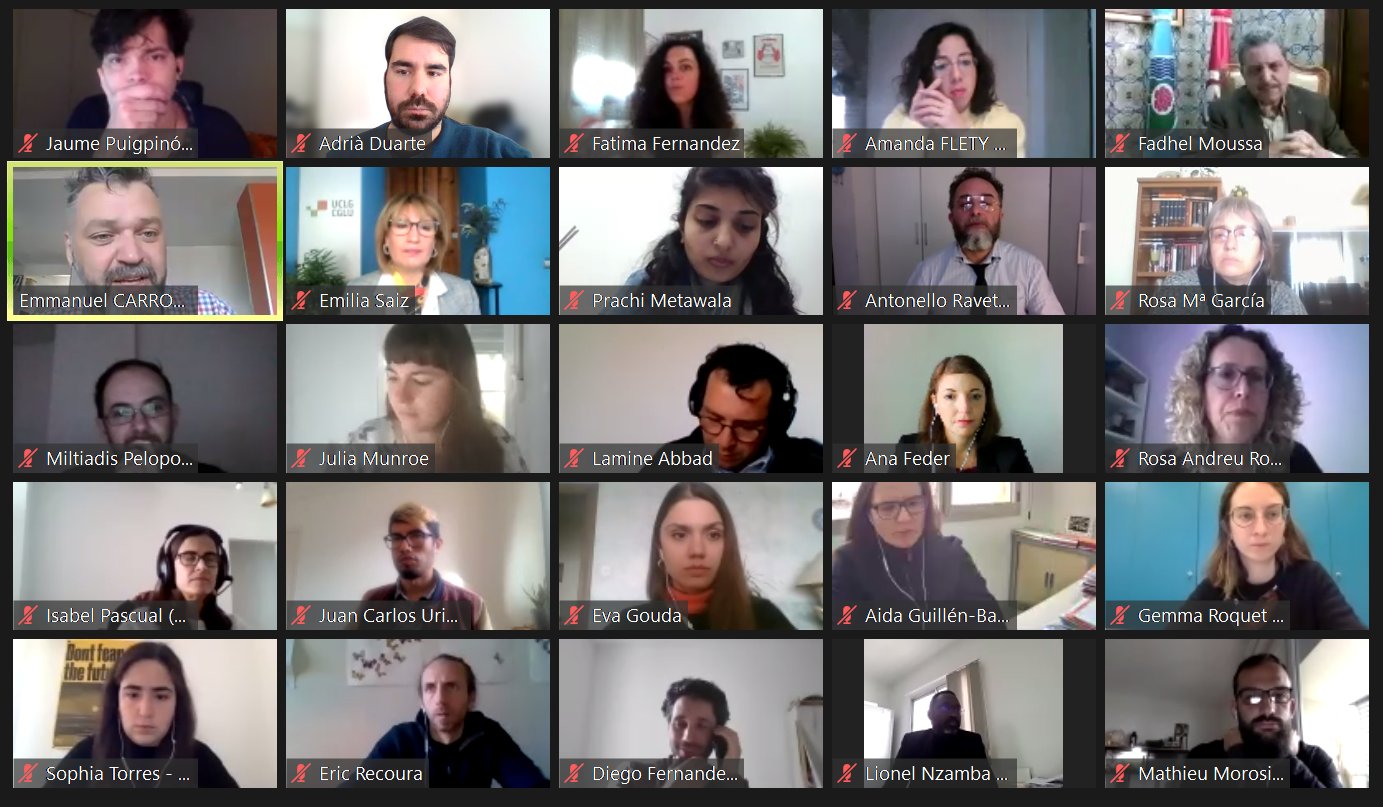
- Barcelona’slocal registration system and neighbourhood document to ensure local citizenship rights, particularly to vulnerable foreign residents.
- Sousse’s local initiatives to reinforce migrant participation and engagement in civic life.
- Seine-Saint-Denis’ migrant mapping, decentralized cooperation activities (Via Le Monde department) and exhibition aimed at deconstructing local prejudices towards migrants.
- Lampedusa’s rights-based agenda in the framework of the Snapshots from the Border Project and in the Policy Council of Right to the City and Inclusive Territories, where Sfax is also actively involved.
So, what are the key takeaways towards inclusive citizenship?
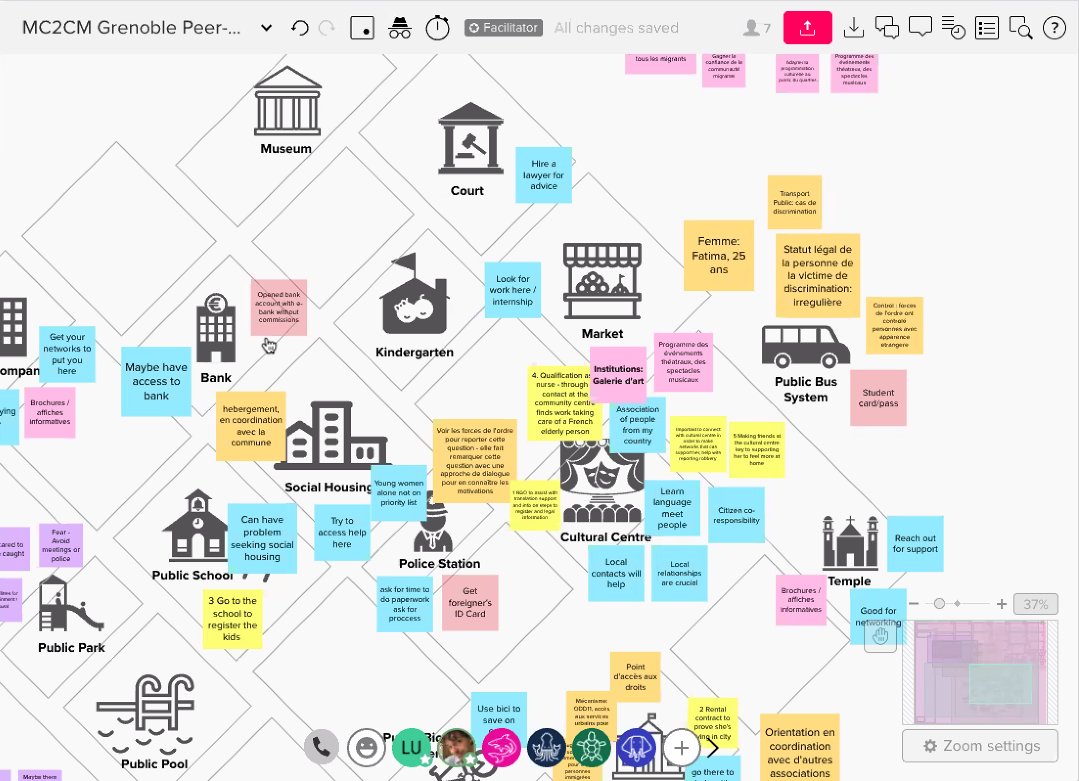 Key concepts like solidarity, dignity, colle
Key concepts like solidarity, dignity, colle
ctive memory, sense of belonging, interculturality and participatory democracy and equality driven approaches based on human rights, hospitality and unconditionality emerged as core considerations towards developing local strategies for inclusive citizenship.
Agreeing that the notion of citizenship is evolving and goes well beyond legal frameworks, participants acknowledged the guidance and international cooperation provided to LRGs through adherence to human rights charters and rights-based international frameworks and the positive outcomes of inclusive approaches that recognize and protect both emigrant and immigrant communities, without distinction between the enjoyment of local citizenship and legal status.
Reiterating inclusive local citizenship to be independent of national criteria for citizenship, participants stressed on the contributions of the whole of society - strong political will and vision on migration governance on part of the LRGs and cooperation towards creating local criteria for inclusive citizenship - between CSOs, local authorities, migrant associations and citizen groups at the local, territorial city to city level and even transnationally between host and origin cities. A culminating key message that emerged throughout the session was that the diversity advantage presented by immigrants, not just as rights holders but also as key contributors to our communities, under inclusive citizenship, can be an asset to engage towards local development and migration governance.
What’s next?
This conversation is a further building block of UCLG’s mandate to support the shift on the narrative starting from UCLG Manifesto on Migration and leading to the UCLG Pact for the Future. Within this framework, the co-creation process of the Lampedusa Charter will build on these debates to consolidate a global, inclusive and rights-based vision of migration that is centered on people and built on the experiences and vision emanating from the ground.











